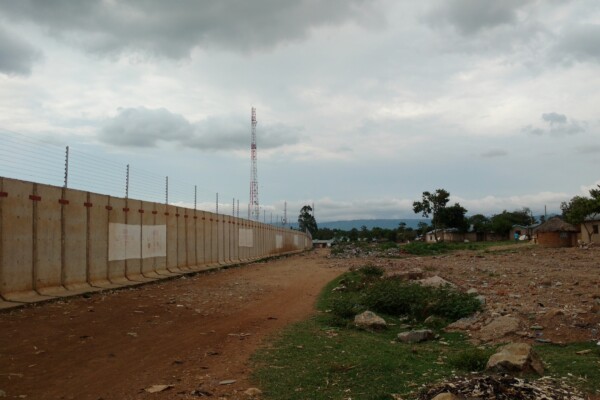
Voices from Tanzania – Social and economic impacts of land acquisition by Barrick North Mara Gold Mine in Tanzania: A case study of Komarera, Kewanja and Mjini Kati villages in Tarime District
June 19, 2024This publication is part of IPIS’ Voices from Tanzania series and its edition on “The impact of land acquisition practices in the extractive sectors of northern Tanzania”. In their Voices from Tanzania study Himiza Social Justice assesses the socio-economic impacts of land acquisition practices by the industrial Barrick North Mara gold mine on 3 villages in Tarime district, Mara region. Downl
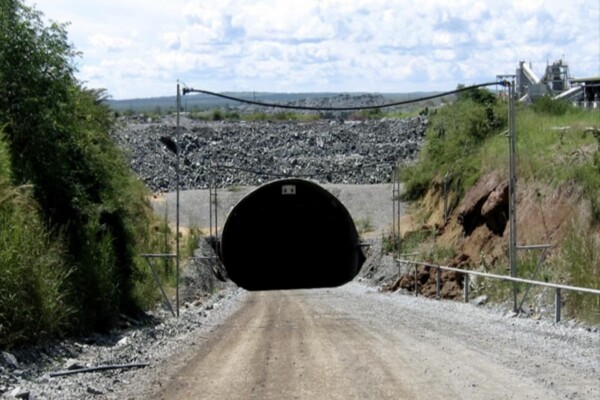
Voices from Tanzania – The social-economic impact of land acquisition practices related to Bulyanhulu Gold Mine on communities in Msalala district council, Shinyanga region
June 17, 2024This publication is part of IPIS’ Voices from Tanzania series and its edition on “The impact of land acquisition practices in the extractive sectors of northern Tanzania”. In their Voices from Tanzania study Rafiki SDO assesses the socio-economic impacts of land acquisition practices by the Bulyanhulu gold mine on 2 villages in Msalala district council, Shinyanga region. Download the report (EN) P
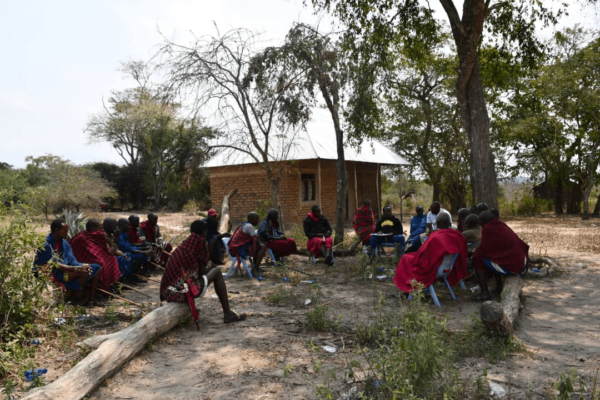
Voices from Tanzania – Small-scale producers’ awareness and involvement in the process of land acquisition for the East Africa Crude Oil Pipeline: The case study of Kilindi district in Tanga region
June 11, 2024This publication is part of IPIS’ Voices from Tanzania series and its edition on “The impact of land acquisition practices in the extractive sectors of northern Tanzania”. In their Voices from Tanzania study HAKIARDHI assesses the level of awareness and involvement of small-scale producers in the land acquisition processes for the East African Crude Oil Pipeline (EACOP) in 2 villages of Kilin
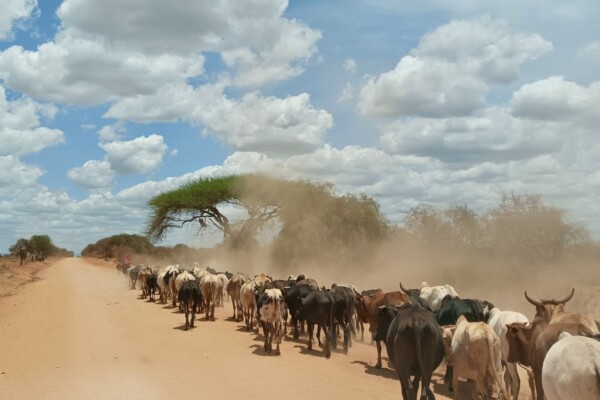
Voices from Tanzania – The impact of land acquisition processes for the East African Crude Oil Pipeline project on communities in Kiteto district, Manyara region
June 5, 2024This publication is part of IPIS’ Voices from Tanzania series and its edition on “The impact of land acquisition practices in the extractive sectors of northern Tanzania”. In their Voices from Tanzania study Kinnapa Development Programme discusses the impact of land acquisition processes for the East African Crude Oil Pipeline (EACOP) project on 3 village communities in Kiteto district, Manyara re
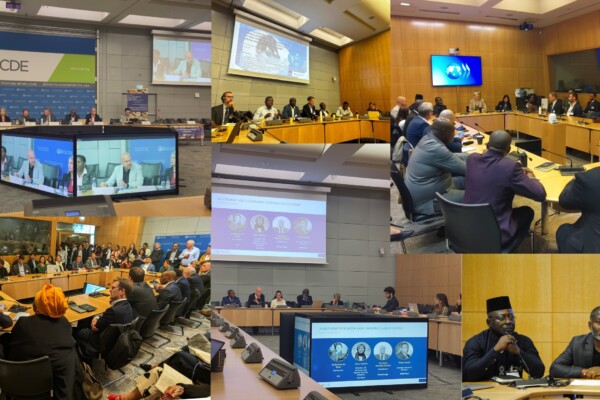
Highlights from the OECD Forum on Responsible Mineral Supply Chains
May 31, 2024Last week, representatives of civil society, industry, and governments gathered at the 2024 OECD Forum on Responsible Mineral Supply Chains in Paris. Members of the IPIS team attended to stress the need for investments in artisanal mining in producer countries, reflected on what strategic mineral partnerships should look like, and underlined the importance of better monitoring the impacts of minin
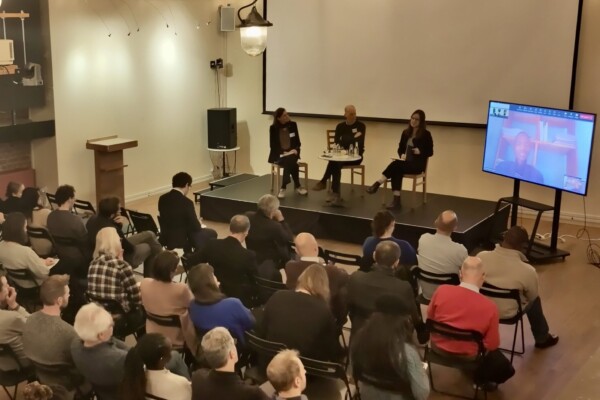
IPIS Event: Congolese cobalt, EU regulations, and direct investment
January 9, 2024On the 30th of November, IPIS hosted its annual panel discussion, this time on current challenges facing the cobalt sector in the Democratic Republic of the Congo (DRC) and the potential impact of European Union (EU) regulations to improve these. Moderated by Lotte Hoex, the panel consisted of Esperant Mwishamali, independent researcher on cobalt artisanal and small-scale mining (ASM) in the DRC,

Due diligence and the risk of disengagement: Experiences from the mineral sector and a way forward for the CSDDD
December 11, 2023The Corporate Sustainability Due Diligence Directive (CSDDD) is currently being negotiated by the European institutions. This long-awaited piece of legislation is expected to be finalised by early 2024. With the aim of holding companies operating in the EU accountable for the adverse human rights and environmental impacts of their operations and the impacts across their value chains, the Directive
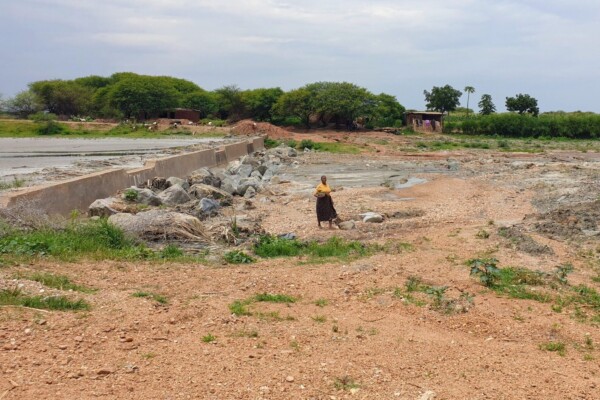
Petra Diamonds’ attempts to come clean with its tarnished past in Tanzania
November 9, 2023Challenges in securing access to remedy and restoring community relations after serious human rights abuse at the Williamson diamond mine This report assesses the efforts by Petra Diamonds to restore community relations and remediate the legacy of serious human rights abuse at its Williamson diamond mine in Tanzania. Download the report The Williamson Diamonds mine, adjacent villages a

G7 targets Russian diamonds – Q&A
October 28, 2023Russia’s invasion of Ukraine, which began on February 24, 2022, has led to an unprecedented proliferation of economic sanctions designed to hit Russia’s economy and drain the resources of the Russian war chest. Among these are efforts to ban Russian diamonds from Western markets. Early October, at a meeting in Brussels with Ukraine’s President Zelensky, Belgian Prime Minister de Croo stated that t

Joint NGO statement: EU Conflict Minerals Regulation failing to reach its goals
October 19, 202320 NGOs call on the EU to step up its enforcement and adopt new measures Download the statement (ENG) Téléchargez la déclaration (FR) Brussels, 19 October 2023 More than six years after it was signed into law, the EU Regulation on the responsible supply of tin, tungsten, tantalum and gold (3TG) originating from conflict-affected and high-risk areas (CAHRAs) is failing to reach its key object

The EU Conflict Minerals Regulation: High stakes, disappointing results
October 19, 2023The EU Regulation on the responsible supply of tin, tungsten, tantalum and gold (3TG) originating from conflict-affected and high-risk areas (CAHRAs) came into full force on 1 January 2021. Also known as the “Conflict Minerals” or “Responsible Minerals” Regulation, it aims to break the link between the exploitation and trade in 3TG on the one hand, and conflict financing on the othe
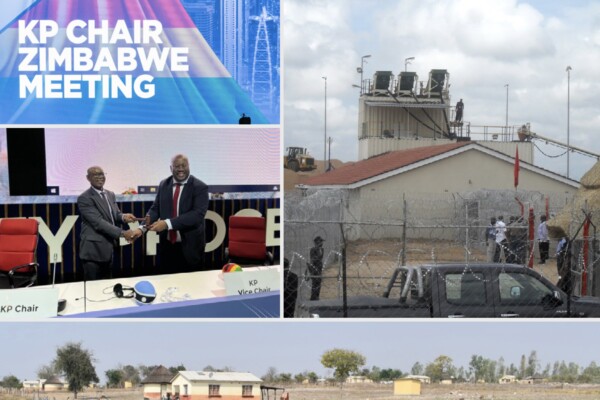
From laggard to leader? Zimbabwe’s turbulent diamond history
January 31, 2023This IPIS Insight provides background and context to Zimbabwe’s current Kimberley Process chairmanship, both historically and in light of whether it might present opportunities for government and corporate actors in the country to exorcise their demons.
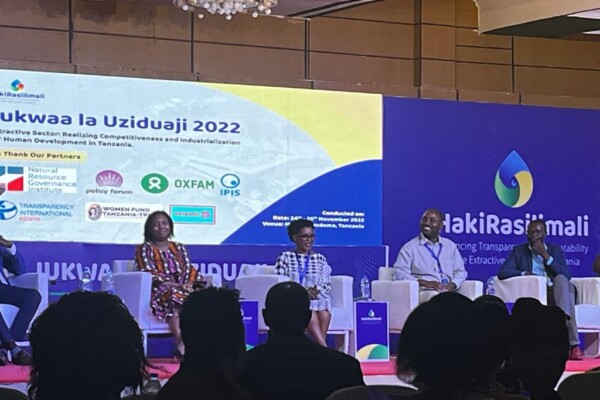
Promoting civic space in Tanzania’s extractive sector governance
November 2, 2022Tanzania is endowed with significant mineral resources and the extractive sector forms an important part of the country’s formal and informal economy. The extractive sectors is particularly diverse and it includes artisanal, small, medium, and large-scale mining of high-value minerals such as gold, diamonds and gemstones, the widespread extraction of industrial minerals such as limestone, gyp
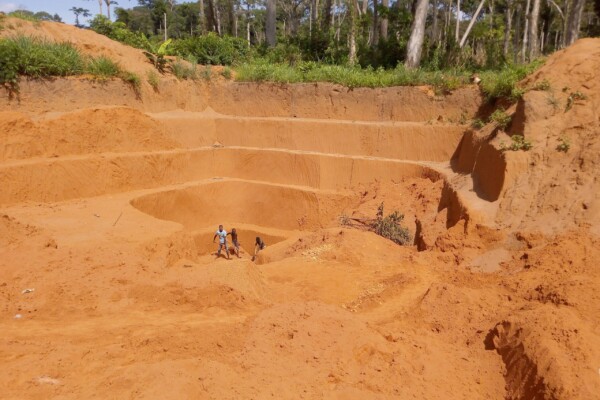
Joint statement on conflict & due diligence legislation
October 14, 2022The forthcoming EU due diligence Directive is lacking in its provisions for companies that are active in conflict affected areas and should be amended to align better with the UN Guiding Principles on Business and Human Rights. Together with 50+ signatories, IPIS calls for a heightened, conflict-sensitive due diligence process for high-risk areas that includes compliance with international humanit
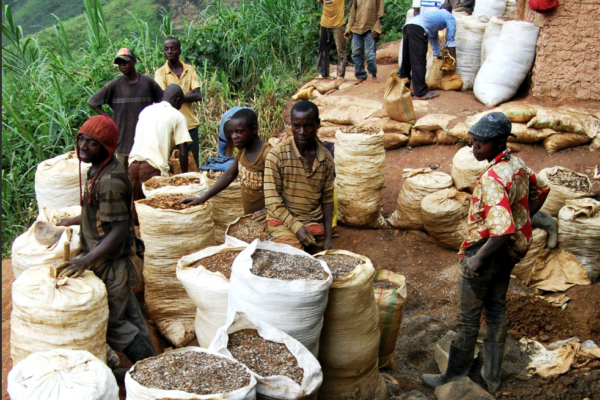
The European Regulation on Responsible Mineral Sourcing: what are the lessons learned so far?
September 28, 2022The 1st of January 2021 marked the entry into force of the European Regulation on Responsible Sourcing of tin, tungsten tantalum and gold (3TG) from conflict-affected and high-risk areas (EU CMR or Regulation). The objective of the Regulation is to oblige European companies to carry out due diligence checks on their suppliers up-to the middle of the supply chain in order to minimize and manage the
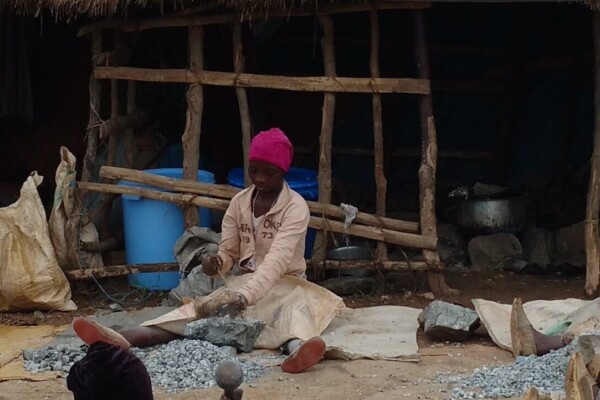
Empowering Tanzanian communities and civil society to foster justice & human rights in natural resource governance
September 20, 2022In Tanzania, the country’s natural resource wealth is considered a key driver of development. Despite this potential for “doing good”, natural resource extraction has so far yielded little of the promised benefits to local populations. In fact, the narrow economic focus on resource governance in combination with reduced civic space and respect for human rights in the country tend to worsen the vul
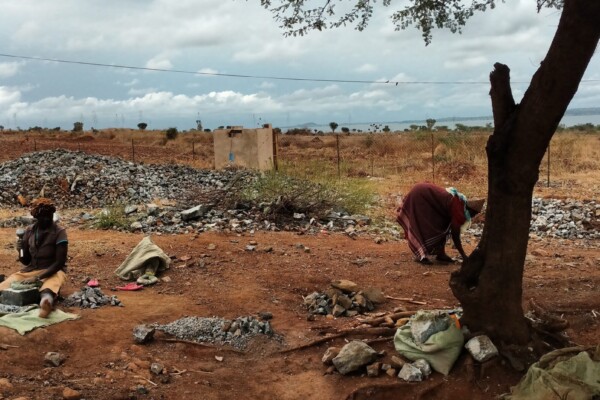
New 5-year project aiming to empower communities and civil society to foster justice and human rights in Tanzania’s natural resource sector
September 16, 2022In 2022, IPIS launched new work on the human rights impact of the natural resource sector in Tanzania. Our new five-year project “Empowering Tanzanian communities and civil society to foster justice & human rights in natural resource governance” builds on the expertise IPIS has been developing on northern Tanzania’s small- and large-scale mining sector as well as the implementation and monitor

Op-ed: Belgium’s inaction on diamond trade with Russia is not justifiable
April 26, 2022This op-ed was published in Dutch in De Standaard on April 12, 2022 — Hans Merket The Antwerp diamond hub presents itself as the most ethical in the world. This does not sit well with turning a blind eye on the war in Ukraine. There are no arguments left to justify doing nothing about the flow of income that the Russian regime receives from the diamond trade with Belgium. Both the Antwerp diamond

Russian diamonds and the war in Ukraine
April 4, 2022In this Insight, IPIS provides background and analysis on several aspects of the Russian diamond sector, what links it has to Russia’s invasion of Ukraine, and how the international business and political community is seeking an adequate response to the challenges this raises. The Russian invasion of Ukraine, that started on 24 February 2022, has led to international outrage. Russ
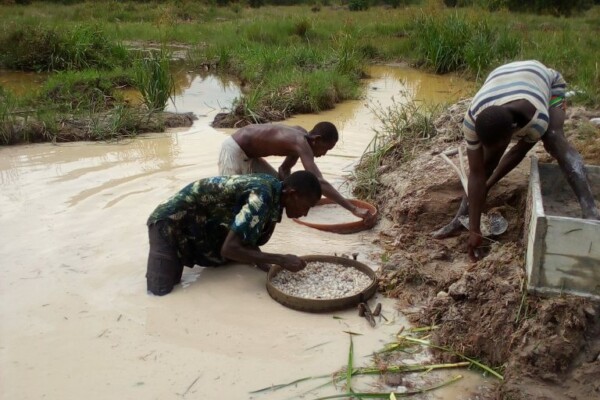
Grassroots research on local diamond mining impact
March 1, 2022During 2021, IPIS supported members of the Kimberley Process Civil Society Coalition (KP CSC) in a series of grassroots studies on the human rights, socio-economic and environmental impact of diamond mining in eight African countries. IPIS provided online trainings on field survey methodology as well as editorial support to ten civil society organisations who carried out independent field res

